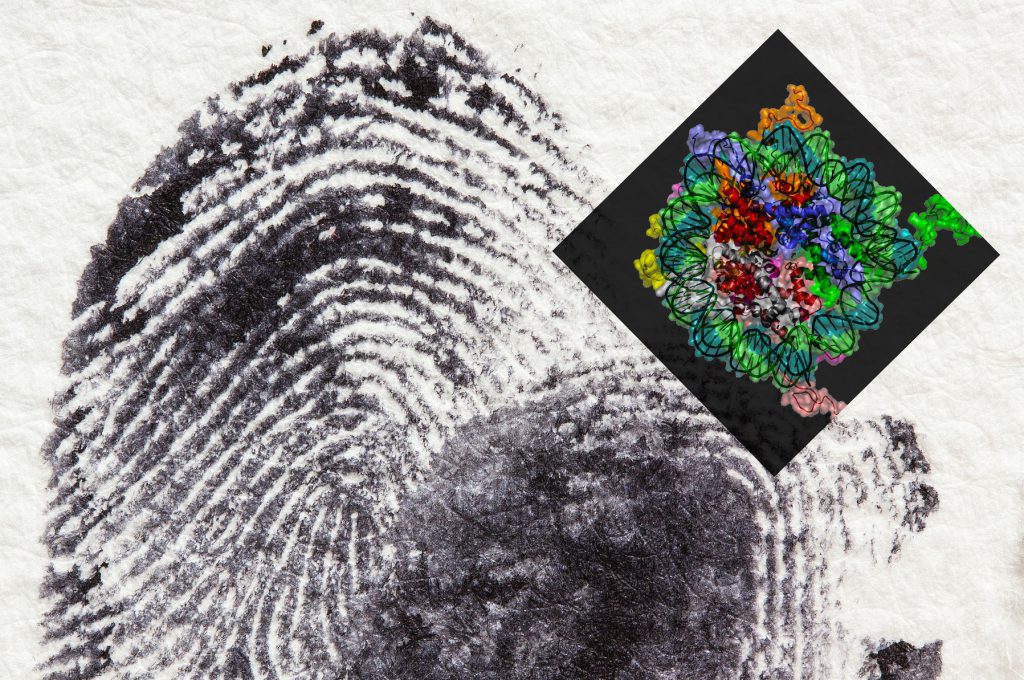Elizabeth Van Nostrand
Elizabeth is a biologist, programmer, and science writer. She writes about science, altruism, and video games at AcesoUnderGlass.com
- Epigenetics can also refer to heritable non-sequence changes. For example, there are certain genes whose expressions are altered depending on whether they are inherited from the mother or father. Most of these have to do with how many resources the fetus extracts from the mother: father-originating genes tend to take more than mother-originating genes. Evolutionarily, this makes sense; a mother will want to conserve her resources for future children, while the father (who may not be the father of her future children) would like the mother to spend as many resources as possible on his child. In lifelong-monogamous species this effect is much less pronounced.
- How does a cell differentiate in the first place? It depends, but one important method is Hox genes. Hox genes regulate the expression of other genes, and are regulated themselves by the presence of retinoids (vitamin A). In essence, your body has sets of genes marked “to be expressed if vitamin A is present”. Early in embryonic development a single burst of retinoids is released, designating one area of the embryo as the future head. This burst diffuses along the remainder of the embryo, telling cells their distance from the head of the embryo. Hox genes use this information to activate the genes that will enable cells to become the correct sort of proto-tissue. This is why Accutane is so dangerous during pregnancy: the megadose of vitamin A overwhelms the embryonic signalling and leads to inappropriate gene expression.
- This is a bit of a simplification. There is more than one kind of kidney or liver cell: cells within tissues are identical to one another, and organs are made up of multiple tissues.
- The relationship between chromosomal instability and cancer is complex and not fully understood, but it appears that when a cell has chromosomal abnormalities (for instance, pieces of chromosomes broken off) and it divides, its daughter cells have more variation than when a stable cell divides. The more variation present, the higher the chance a cell will have the necessary conditions for cancer–frequent divisions, resistance to apoptosis, and the ability to evade the immune system. Chromosomal variation gives evolution more “rolls of the dice” to find a cell with that configuration.
- Transposons are the ultimate parasite: regions of DNA that can cause themselves to be copied and inserted elsewhere in the genome in the same cell. This insertion can mutate needed genes and turn off others entirely; it is thus very important that an organism suppress transposons as much as possible.



